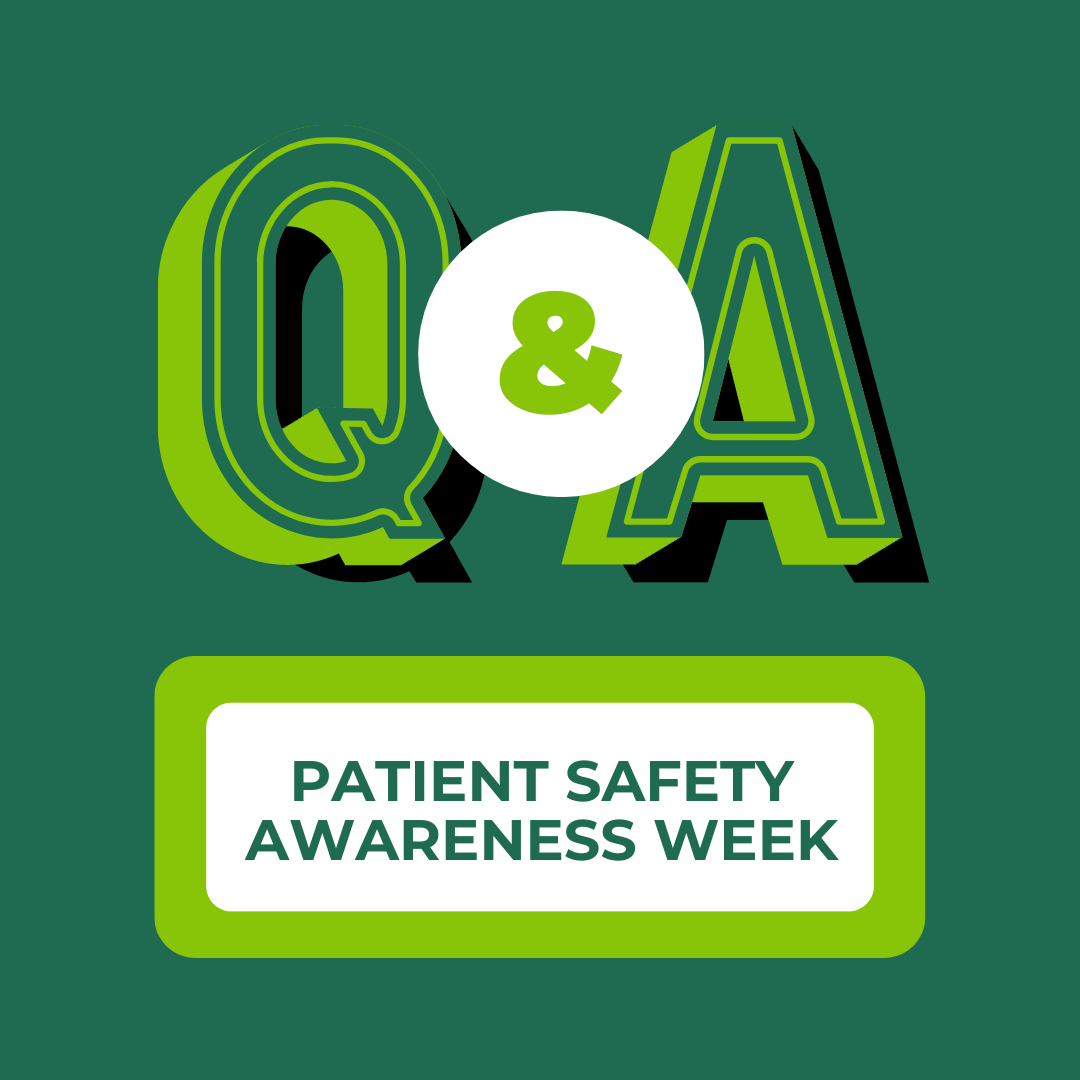 March 13-17 is Patient Safety Awareness Week. We asked J. Michael Straughn, Jr., M.D., associate chief medical and quality officer for Women and Infants Services, vice-chair of quality and patient safety, and professor in the Division of Gynecologic Oncology some questions about Patient Safety Awareness Week, the importance of patient safety, and the responsibility of patient safety as a provider.
March 13-17 is Patient Safety Awareness Week. We asked J. Michael Straughn, Jr., M.D., associate chief medical and quality officer for Women and Infants Services, vice-chair of quality and patient safety, and professor in the Division of Gynecologic Oncology some questions about Patient Safety Awareness Week, the importance of patient safety, and the responsibility of patient safety as a provider.
A note from Straughn
Patient Safety Awareness Week is an annual event that takes place in March to promote awareness about patient safety and encourage healthcare providers, patients, and their families to become more involved in reducing preventable harm in healthcare settings.
This week is important as it provides UAB an opportunity to highlight their commitment to patient safety and promote best practices in healthcare. It also offers our patients and their families the opportunity to learn more about their role in ensuring their own safety during healthcare interactions.
UAB is committed to a culture of safety by creating a fair and transparent work environment in which individuals feel comfortable reporting errors, near misses, and other safety concerns without fear of blame or punishment. The Department of OB/GYN encourages trainees, nurses, and physicians to report safety concerns so that we can identify and address any underlying system issues through our Quality Improvement structure.
Q&A
Q: How important is patient safety in the OBGYN field?
A: Patient safety is crucial in the OB/GYN field as this area of medicine addresses a very personal and sensitive issue – a woman’s reproductive health. Any errors or negligence in this field can have devastating effects on the patient's life and health.
Q: What are some common safety risks associated with Obstetric care?
A: Some common safety risks in OB/GYN care include maternal hemorrhage, preeclampsia, maternal sepsis, fetal distress, and adverse birth outcomes such as preterm labor and intrauterine growth restriction.
Q: What measures are taken to ensure patient safety during childbirth?
A: Measures typically taken to ensure patient safety during childbirth may include closely monitoring the mother's and child's vital signs, practicing sterile techniques during delivery, administering medications, and ordering ultrasounds to check the fetal position.
Q: What role do OB/GYN physicians and clinical staff play in ensuring patient safety?
A: OB/GYN physicians and clinical staff play key roles in ensuring patients' safety by implementing safety protocols and guidelines, communicating effectively with patients, training medical personnel on safety procedures and emergency management, and continuously monitoring and improving medical procedures. Staff is encouraged to take an active role in helping to identify opportunities for process improvement, sharing those opportunities and thoughts with leadership, and being a part of process improvement initiatives.
Q: How can patients become more involved in ensuring their safety during OB/GYN care?
A: Patients can become more involved in ensuring their safety during OB/GYN care by educating themselves about their health and healthcare, asking questions, providing thorough medical histories, communicating openly with healthcare providers, and reporting any symptoms or concerns in a timely manner.